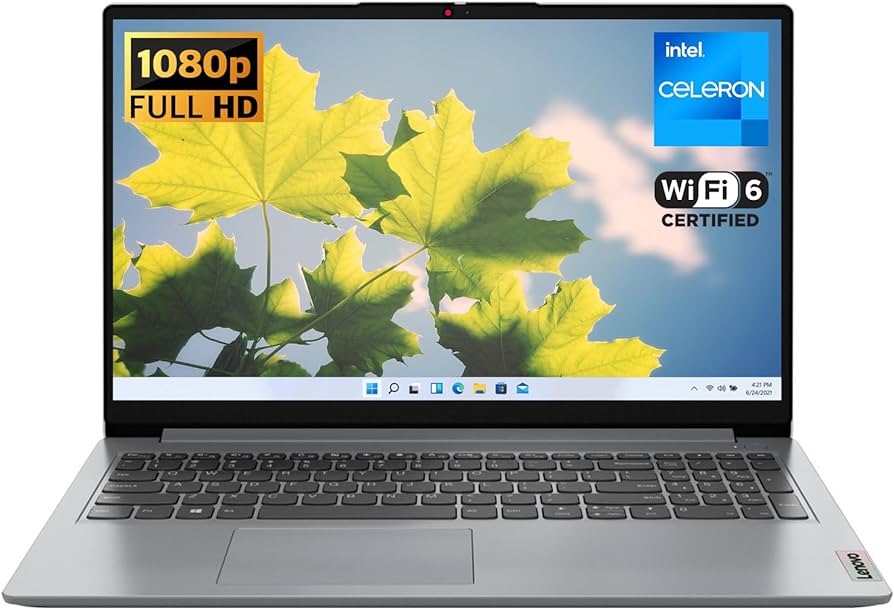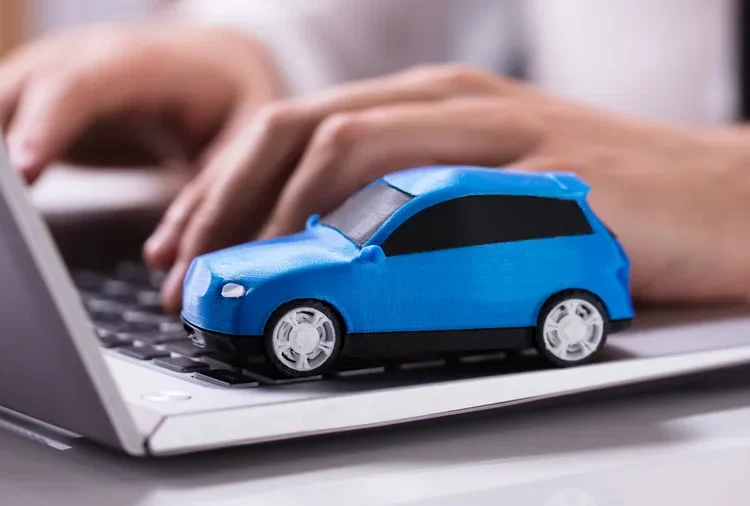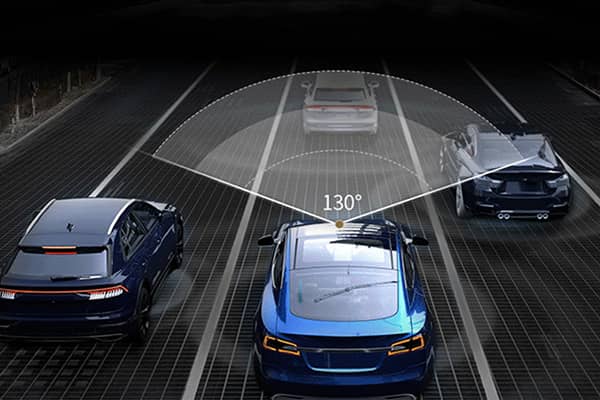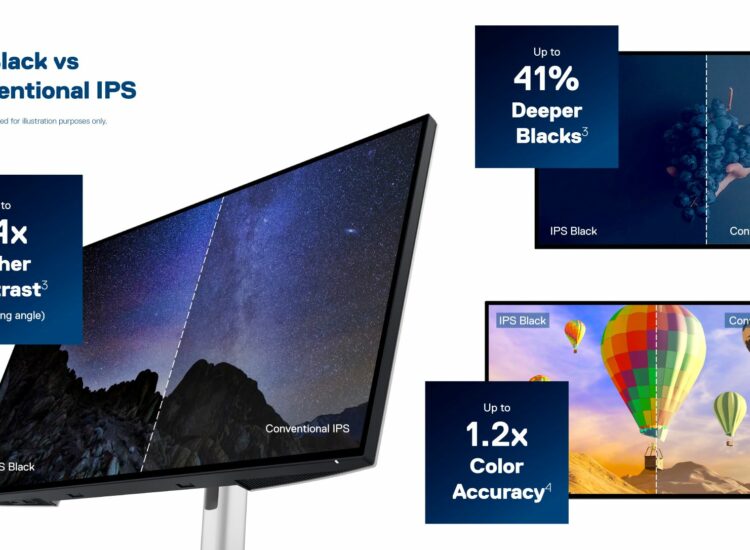In the ever-evolving world of technology, laptops have become indispensable tools for work, entertainment, and connectivity. As we invest our hard-earned money into these portable powerhouses, a critical question arises: how long should a laptop last? This comprehensive guide aims to shed light on the various factors that influence a laptop’s lifespan, empowering you to make informed decisions regarding your next laptop purchase.
Toc
- 1. Understanding How Long Should a Laptop Last: Factors That Determine Laptop Longevity
- 2. How Usage Patterns Affect Laptop Lifespan
- 3. Maintaining Your Laptops Health for Longevity
- 4. Related articles 01:
- 5. Signs That Your Laptop is Nearing the End of Its Life
- 6. FAQs
- 7. Related articles 02:
- 8. Conclusion: Making an Informed Decision About Your Next Laptop Purchase
Understanding How Long Should a Laptop Last: Factors That Determine Laptop Longevity

One of the primary factors that influence how long laptop computers last is the quality and type of hardware components they’re equipped with. As new and more advanced hardware continuously emerges in the market, the relative value of your laptop’s internal components can diminish over time.
The Impact of Hardware Quality and Components
When considering the longevity of a laptop, the quality of hardware and components plays a significant role. Higher-end laptops, which are typically priced at $1,000 or more, often boast superior hardware that can withstand the test of time better than their more budget-friendly counterparts. These premium laptops are usually equipped with cutting-edge technology, such as advanced processors and robust materials, ensuring durability and efficient performance over the years. On average, these laptops can last between 4 to 7 years, although this lifespan heavily depends on usage patterns and the level of maintenance they receive. Regular updates and proper care, such as cleaning and battery management, can further extend their lifespan.
For instance, a laptop fitted with a high-quality SSD, like a Samsung 980 Pro, can endure more read and write cycles compared to traditional hard drives (HDDs), contributing to a longer lifespan. SSDs generally offer faster data access speeds and are more resistant to physical shock, making them ideal for enhancing the overall performance of the laptop. Additionally, laptops designed with replaceable components, such as RAM and storage, provide greater upgrade potential. This flexibility not only allows users to enhance their machine’s capabilities over time but also potentially extends the device’s lifespan by keeping it relevant for longer periods.
Mid-Range Laptops: Striking a Balance
Laptops in the $700 to $1,000 range present a viable option for many consumers, as they strike a balance between cost and performance. These mid-range devices can typically be expected to last around 3 to 5 years. They offer a satisfactory user experience for everyday computing tasks and can handle more demanding applications to some extent, thanks to reasonable hardware configurations. While they may not feature the latest innovations found in high-end models, mid-range laptops often incorporate reliable components that provide adequate performance for most users. Factors such as processor speed, memory capacity, and build quality contribute significantly to their overall performance and longevity.
Budget Laptops: Shorter Lifespan
On the other hand, budget laptops, which are priced under $700, tend to have a shorter lifespan, generally ranging from 2 to 4 years. These devices are designed to meet basic computing needs such as web browsing, document editing, and media playback. While they can still perform admirably for these tasks, their internal components might struggle to keep pace with the demands of modern software and applications over time. This is especially true as operating systems and applications become more resource-intensive. Budget laptops often use entry-level processors, limited RAM, and lower-quality materials, which can affect their ability to handle newer software efficiently. Therefore, users who opt for budget laptops should be prepared for potential limitations in performance and may need to consider upgrading sooner than they would with a mid-range or high-end model.
How Usage Patterns Affect Laptop Lifespan

The way you utilize your laptop can also significantly impact its longevity. If you primarily use your device for light tasks, such as web browsing, document editing, and streaming media, you can expect it to have a longer lifespan compared to a laptop that’s subjected to more demanding workloads.
The Workhorse vs. The Casual User: Tailoring Your Laptop to Your Needs
When considering the lifespan of a laptop, it’s important to tailor your expectations based on how you plan to use the device. A mid-range laptop used primarily for office tasks, such as word processing, spreadsheets, and light entertainment, like streaming movies or browsing social media, can reasonably last 4 to 5 years. This is because the hardware isn’t being pushed to its limits on a regular basis, allowing it to maintain its performance over time. On the other hand, a professional graphic designer leveraging the same type of laptop for more demanding tasks, such as intensive 3D rendering, video editing, or running complex design software, might experience a faster decline in performance and battery life. This contrasts with a student who might be using the same laptop primarily for web browsing, note-taking, and online classes, where demands on the system are generally lower.
Intensive Usage, Shorter Lifespan
For users who engage in more intensive laptop usage, such as gamers and content creators, the demands placed on their devices are notably higher. Gamers often rely on laptops with robust graphics cards and CPUs to handle resource-intensive applications and high-resolution graphics. Similarly, content creators, who may be editing large video files or working with high-resolution images, also push their laptops to the limit. This constant strain on the hardware can lead to faster degradation, with the device’s internal components experiencing wear and tear more quickly than in less demanding scenarios. As a result, these users might find that their laptops have a shorter overall lifespan, generally around 3 to 4 years, before performance issues become noticeable or the need for hardware upgrades arises.
Maintaining Your Laptops Health for Longevity
Regular Maintenance Practices
One effective way to maintain your laptop’s health and extend its longevity is to implement regular maintenance practices. Keeping the operating system and software applications up to date with the latest patches and updates is crucial, as this not only ensures improved functionalities but also enhances security. Running routine antivirus and malware scans can protect your system from harmful threats that could compromise its performance. Additionally, periodically cleaning your laptop—removing dust from vents and fans—prevents overheating, which can damage internal components over time.
1. https://hikvisiondashcam.vn/archive/1078/
2. https://hikvisiondashcam.vn/archive/1076/
3. https://hikvisiondashcam.vn/archive/1077/
Optimal Battery Care
Proper battery care is essential to prolonging your laptop’s lifespan. Avoid letting the battery deplete completely before recharging, as frequent complete discharges can reduce its overall health. Instead, aim to keep the battery charge between 20% and 80%. Furthermore, when using the laptop for extended periods, consider removing the battery if the device is plugged into a power source and the battery is fully charged, as this can prevent heat buildup and preserve the battery’s capacity.
Storage Management
Managing storage effectively contributes to the performance and longevity of your laptop. Monitor disk space usage and try to maintain at least 20% free space on your hard drive or SSD, as a fully packed drive can slow down your device and reduce its lifespan. Utilize cloud storage solutions or external drives to offload data, keeping important files backed up while freeing up space. Regular defragmentation of HDDs can also optimize performance, although this is not necessary for SSDs.
By following these maintenance routines and being mindful of how you use your laptop, you can greatly influence the lifespan of your device, ensuring it remains functional and efficient throughout its years of use.
Signs That Your Laptop is Nearing the End of Its Life

As your laptop ages, you may start to notice certain signs that indicate it’s reaching the end of its useful lifespan. These include:
Sluggish Performance
If your laptop takes significantly longer to boot up, load applications, or perform basic tasks compared to when it was new, it could be a sign of hardware degradation or compatibility issues with newer software. These performance lags can be frustrating and may suggest that components like the hard drive or RAM are wearing out or struggling to keep up with current demands.
Frequent Crashes and Freezes
Unexplained system crashes, blue screens of death, or frequent freezing episodes can be a real headache, disrupting your work and productivity. These issues may point to underlying hardware problems such as failing memory or a malfunctioning hard drive, or software conflicts, possibly from incompatible updates or corrupted files.
Overheating and Excessive Fan Noise
If your laptop’s cooling system seems to be working overtime, with the fans running at high speeds even during light use, it could indicate a problem with the device’s thermal management. Overheating can lead to severe damage if not addressed, often caused by dust buildup in the vents or a failing cooling system that struggles to dissipate heat effectively.
Battery Life Deterioration
As laptop batteries age, their ability to hold a charge diminishes, leading to shorter usage times and more frequent recharging. If your battery is no longer lasting as long as it once did, it may be time to consider a replacement. This is a common issue, with most batteries seeing noticeable declines in performance after a few years of regular use.
Upgrading vs- Replacing Your Laptop
In some cases, upgrading the components of your existing laptop can help extend its lifespan. However, the extent to which you can upgrade a laptop is often limited, as many modern laptops have components that are soldered or integrated onto the motherboard, making them non-upgradable.
When the cost of upgrades exceeds the value of your current laptop, or when the hardware limitations become too restrictive, it may be time to consider replacing your device. Newer laptops often offer substantial improvements in processing power, battery life, and features, making them a worthwhile investment for those looking to future-proof their computing experience.
FAQs
Q: How long does a laptop battery typically last?
A: On average, a high-quality laptop battery can last for 2-4 years or around 1,000 charge cycles, depending on usage patterns and maintenance.
1. https://hikvisiondashcam.vn/archive/1078/
2. https://hikvisiondashcam.vn/archive/1077/
3. https://hikvisiondashcam.vn/archive/1076/
Q: Can I upgrade my laptop’s CPU or GPU?
A: Unfortunately, the ability to upgrade a laptop’s CPU or GPU is quite limited. These components are often soldered or integrated onto the motherboard, making them difficult or impossible to replace without specialized expertise.
Q: What are some signs that my laptop needs to be replaced?
A: Common signs that your laptop is nearing the end of its lifespan include sluggish performance, frequent crashes and freezes, overheating issues, and significant battery life deterioration.
Q: How can I make my laptop last longer?
A: Proper maintenance, such as regular cleaning, using a cooling pad, and keeping software up to date, can help extend the lifespan of your laptop. Additionally, avoiding intensive tasks and protecting your device from physical damage can also contribute to its longevity.
Q: Is it worth upgrading my laptop or buying a new one?
A: The decision to upgrade or replace your laptop depends on several factors, including the cost of upgrades, the current performance of your device, and the potential lifespan of a newer model. If the cost of upgrades exceeds the value of your current laptop or the hardware limitations become too restrictive, investing in a new laptop may be the better option.
Conclusion: Making an Informed Decision About Your Next Laptop Purchase
The lifespan of a laptop is a complex topic, influenced by a multitude of factors. From the quality of the hardware components to the way you utilize and care for your device, each element plays a crucial role in determining how long should a laptop last.
By understanding these factors and the signs of an aging laptop, you can make informed decisions about when to upgrade or replace your device, ensuring that your investment in a laptop yields the maximum return in terms of productivity, performance, and longevity. Keep this guide in mind as you navigate the ever-evolving landscape of laptop technology and make the best choice for your computing needs.











